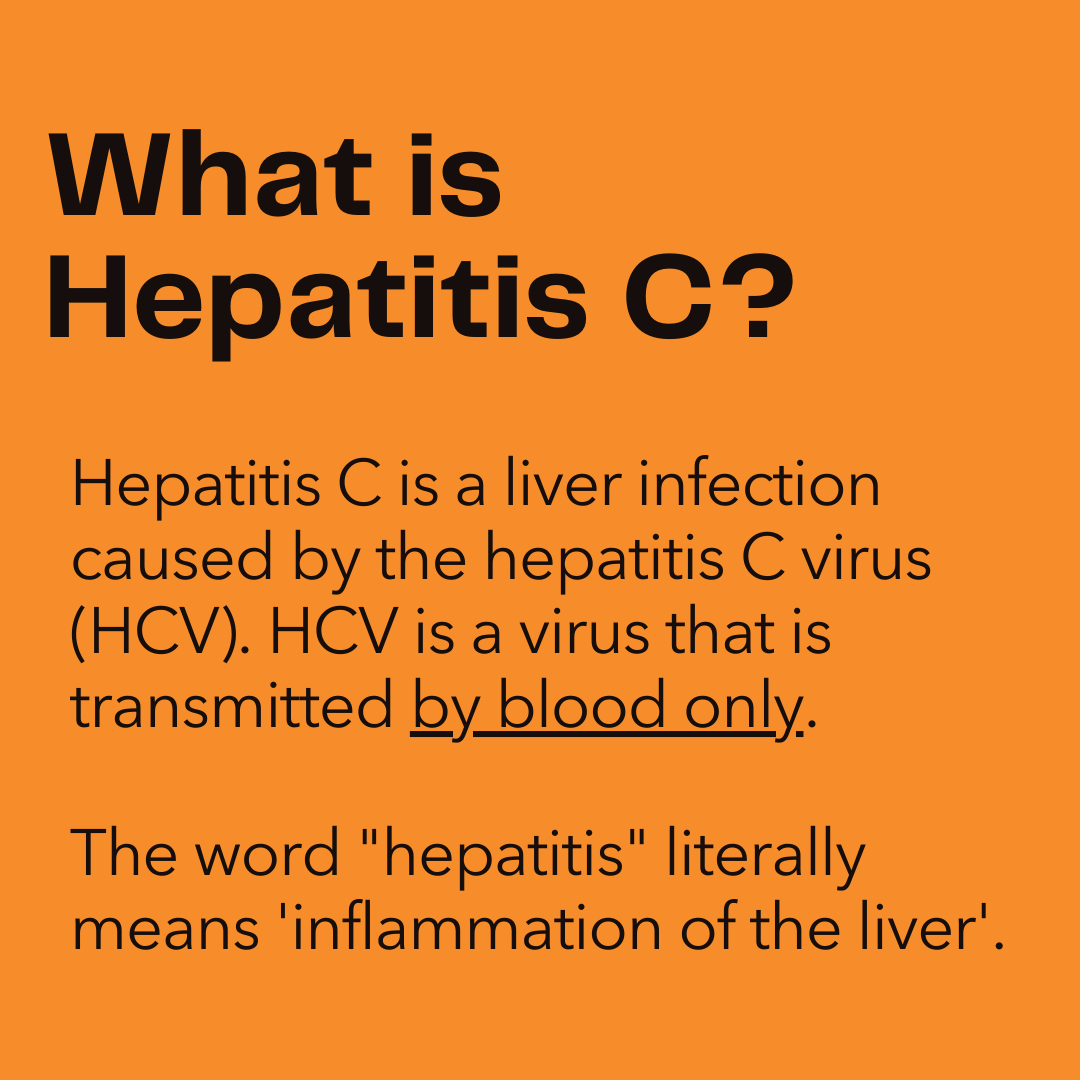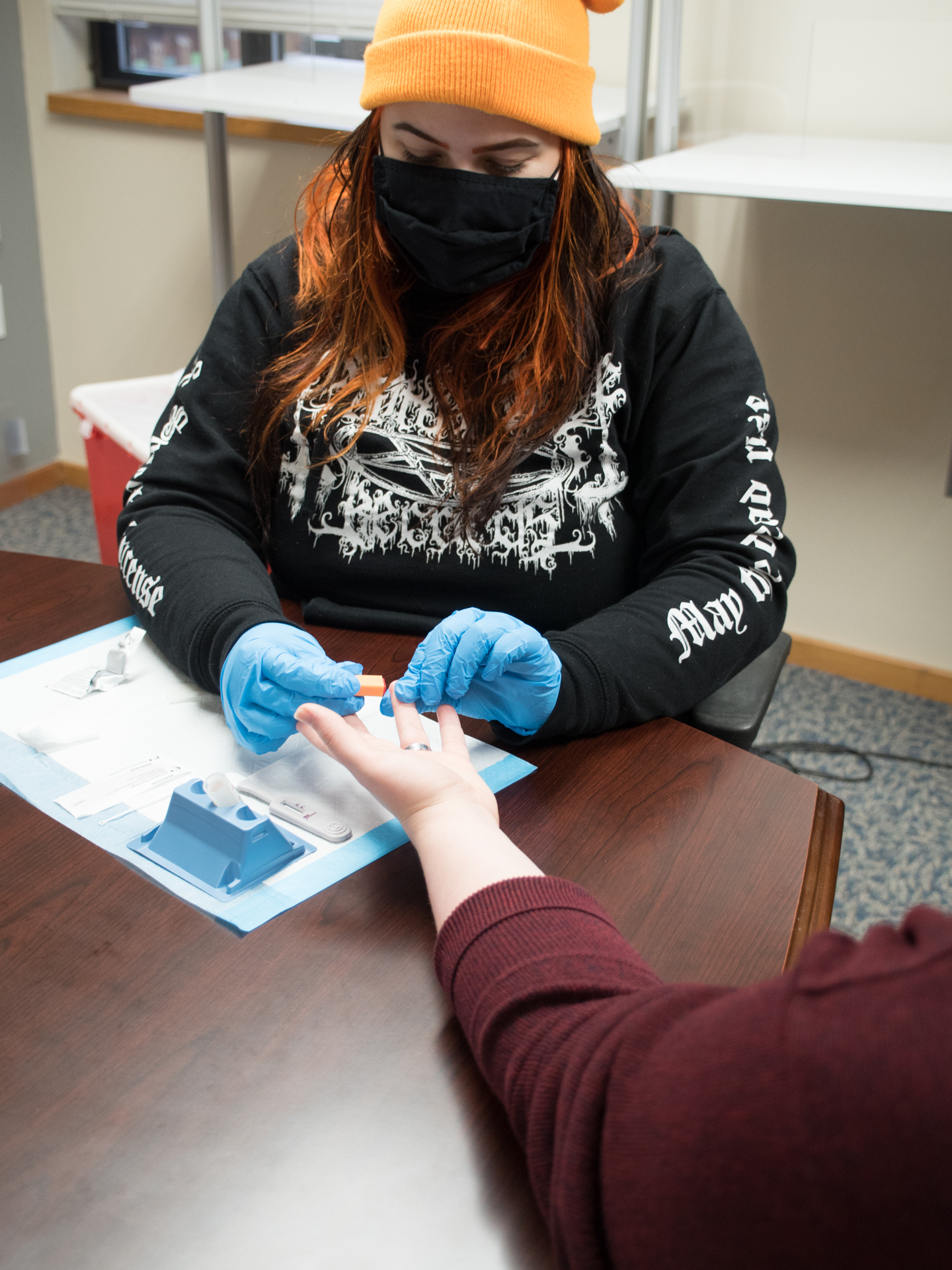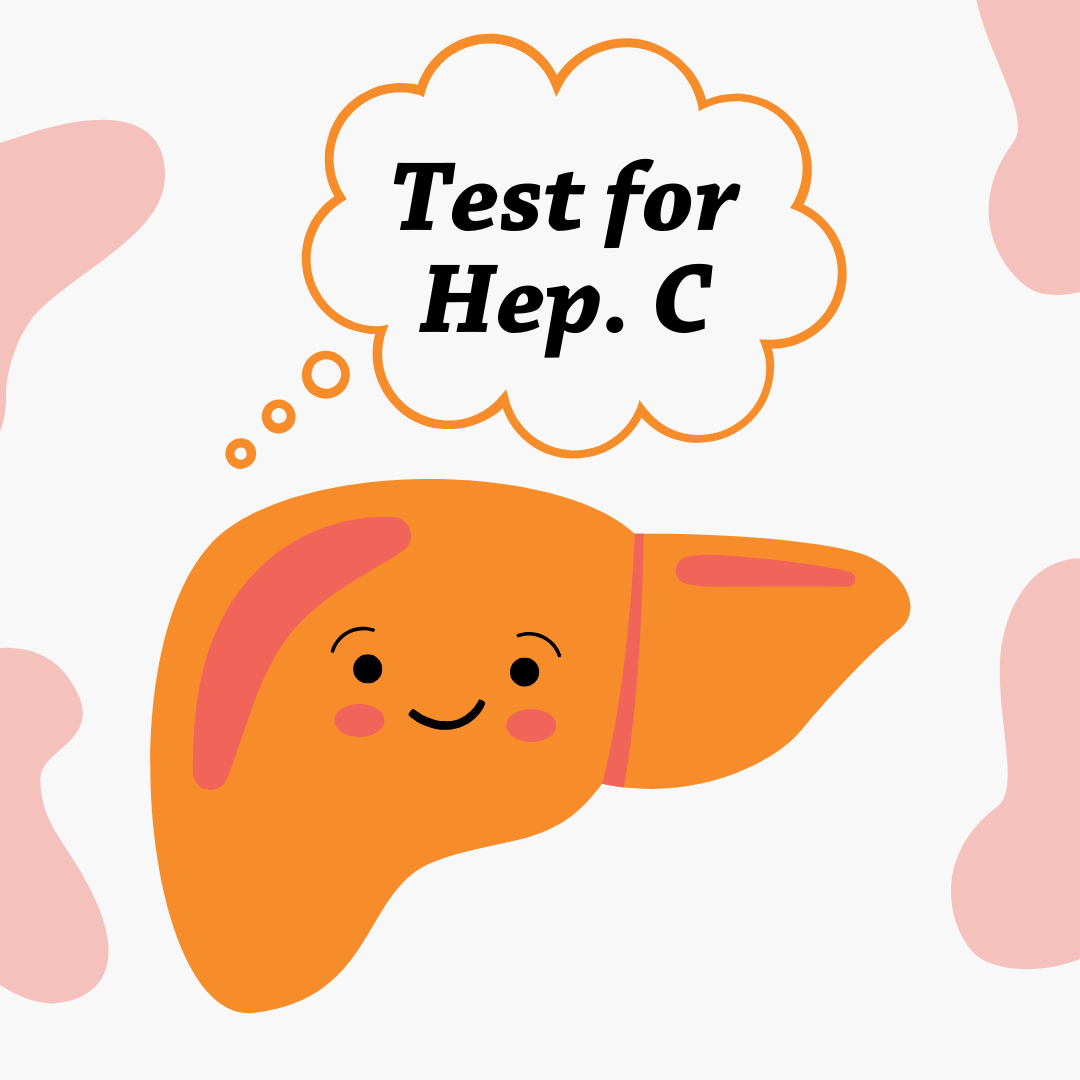

What is Hepatitis C?
Hepatitis C 101: Online
Hello,
HIV Alliance is dedicated to the education of Oregon’s students, and sexual health education is the first pillar to preventing the spread of viruses. Please use this site as a resource for basic information and knowledge on HIV, other sexually transmitted infections, and diseases, including “What is Hepatitis C?” There are only THREE steps to completing this online assignment!
HIV Alliance’s Education program fulfills state requirements for Oregon’s Comprehensive Sexuality Standards. For parents or teachers wanting more information or resources, please reach out to us! Thank you for engaging with this program.
Becky Noad
Northern Prevention & Education Manager, HIV Alliance
education@allianceor.org
What to Do?
Much like HIV 101 – Online, there are only three simple steps:

Hepatitis C Basics
The Hepatitis C Virus (HCV) infects the human liver, an organ responsible for about 500 different functions, including filtering blood and aiding in digestion. Hepatitis C often goes unnoticed because liver damage or pain may not be immediately recognized. In fact, someone may not know they have hepatitis C or other liver damage for years. In the weeks following exposure, an infected person might experience “flu-like symptoms,” which can easily be mistaken for other illnesses. So, what is hepatitis C? It is one of five hepatitis viruses (A-E) and, if left untreated, can cause serious liver complications such as liver disease or even liver cancer. However, the liver has a remarkable ability to regenerate itself, making it essential for overall health and survival. As humans, we cannot continue to live without a properly functioning liver.
Hepatitis C is a particularly resilient virus. Outside the body, it can survive for three to six weeks on surfaces, and in water, it can persist for up to three weeks. When protected inside a syringe, HCV can live for up to 62 days. While HCV can be eradicated outside the body with hospital-grade viricides like bleach or formaldehyde, it remains a serious threat. The incubation period for hepatitis C— the time between exposure and when a test can return a positive result— is typically about 45 days, or 6-7 weeks.

Since 2014, Oregon has been known for having the highest rates of HCV related deaths, and continues to be a leading state in number of HCV cases. In this state alone, nearly 500 people die each year from hepatitis C.
Hepatitis C can only be transmitted from the infected blood of someone to the blood-stream of another (uninfected) person. The transmission of this virus has been exploited by the US Opioid Epidemic (declared in 2017); due to the sharing of injection drug equipment that can easily spread blood from one person to another. Any tool can be infected; such as tourniquets, cookers, water, cottons, and even “tooters”. It is possible for infected blood to get onto personal hygiene tools – such as toothbrushes, razors, and nail trimmer – and spread to others if those tools are shared between people. HCV can also be transmitted through sexual contact – where blood is present.

At this time (2020), there is still no vaccine for HCV. However, there is a cure for the disease once somebody becomes infected. Somebody who uses the Oregon Health Plan (through the Affordable Care Act) can find easier access to this treatment through their insurance providers. Somebody can be cured of HCV and then be re-infected, needing treatment again. Treatment could take 12 weeks or longer for a person, depending on the rate and amount of damage that may have already been done to the liver. Some people are able to clear HCV on their own (about 20%), meaning they don’t need medical treatment. However, most infected people will require medical attention to treat HCV (80%).
For a long time, people born into the Baby Boomer population have been most “at risk” for hepatitis C. Through medical treatments or blood transfusions, it’s more possible the virus has been spread to a “Boomer” before hepatitis C was discovered and known. Researchers have noticed a small plateau of younger adults with HCV as well. Other “at risk” groups are: Any person who has used illicit drugs; Recipients of blood clotting factor, blood transfusions, or organ transplants before 1992); Any person who has received long-term hemodialysis; Any person experiencing signs of liver disease or with known exposures to HCV; and Any person with HIV.
People Living with HCV
In our lessons, we tend to talk about celebrities that are known to have HCV. HCV does not discriminate, it can affect any person. Here are a few of their stories.

Billy Graham (he/him)
Now a professional wrestler for many years was exposed to HCV infected blood during a match in the ring and was infected with HCV from direct blood-to-blood contact. Billy Graham had a liver transplant in 2002 to rid himself of hepatitis C.

Lou Reed (he/him)
Known as a prolific singer/songwriter from the band The Velvet Underground. This band was well known for bringing dark and moody music to the mid-twentieth century. Lou had hepatitis C and underwent a liver transplant. After the transplant, Lou experience liver disease still and attempted medical treatment and died in 2013.

Robert “Evel” Knievel (he/him)
Made famous for his daredevil acts, Evel believed that he contracted the hepatitis C virus through an unfortunate blood transfusion by one of his many visits to the hospital. Before HCV was identified in the late 1980’s, it was spread through medical settings due to its high rate of survival. He did undergo a liver transplant before the turn on the century, and died in 2007.

Natalie Cole (she/her)
Natalie Cole is a beautiful singer. She is the daughter to the beloved Nat King Cole. Natalie had struggled with substance abuse to herion and was known to share needles with others. This is how it is believed she contracted hepatitis C. The treatment option she chose was chemotherapy and a liver transplant in 2009. Natalie died in 2015.

Natasha Lyonne (she/her)
While popular from her role on Orange is the New Black, Natasha Lyonne has acted since the age of 6 and done so in many capacities. It was due to substance abuse that she took a break from her acting career. In the mid 2000’s she walked away from acting and other responsibilities to take care of her addiction and health. She has since been cured of hepatitis C.

Pamela Anderson (she/her)
An actress most widely popularized by her role in Baywatch and appearances in Playboy Magazine. Pamela Anderson has talked about sharing a tattoo needle with former husband Tommy Lee of Motley Crue. She took medication in 2015 to cure HCV from her body.

Steven Tyler (he/him)
The lead singer to Aerosmith, Steven Tyler was diagnosed with HCV in the early 2000’s. In that time, the medical intervention available was the use of interferon. Interferon is commonly known as a treatment for cancers and HIV/AIDS. He went through a long treatment process which seemed to have worked in his favor. He is no longer infected with HCV.
Testing and Care
Testing is incredibly important! Because hepatitis C can look and feel like a flu in the initial exposure stage, and because there aren’t other symptoms for as long as 20-30 years; any person should be tested at least once to make sure they do or do not have the hepatitis C virus. Sometimes we don’t know that we have a virus like hepatitis C until we are tested for it.
Please visit our testing page to see when and where you can access a FREE hepatitis C test.
In Lane County, HIV Alliance offers a Hepatitis C Case Management Program. While the program fluctuates in the number of clients that access the services, our team in Client Services can help to access care and doctors who may be able to help with hepatitis C and other related issues.

Medication and a Cure

Right now (2020) there is no vaccine for hepatitis C. There is, however a medical cure for hepatitis C. There are many different kinds of medication available to an infected person; it is up to that individual and their doctor to decide which medication might be best for them.
Some people (about 20% of cases) have only acute hepatitis C – meaning they may cure themselves of the virus in about 6 months. A person may have an acute case due to the sub-type of virus they have or due to a personal strength within their own immune system – some bodies are capable of clearing versions of the virus on their own. However, the remaining larger group of people (about 80%) of people will require medical intervention.
Most treatment will be taking a medication each day for 12 weeks. For some, this may be a longer or shorter time frame. In March of 2019, the ruling around accessing treatment through Oregon Health Plan within the Affordable Care Act became much simpler. Now any person with HCV can access treatment covered by their insurance. It used to be required that a person show severe damage to their liver by having stage 3 or 4 of liver damage or disease. Accessing treatment can be simple and easy now!
Protecting Yourself
Hepatitis C is only spread from the blood of an infected person to another person’s blood. It is important to not share any grooming tools that may contact blood (such as razors, nail clippers, toothbrushes, etc. ). Even if we don’t see blood on those objects, there can be small amounts of blood and virus on them.
There can also be blood present during certain sexual encounters. When people are practicing sex – there are ways to practice safer sex. Safer sex can be the use of condoms and lubrication alongside testing and talking openly with your sexual partners. Sexual abstinence is 100% effective in not transmitting STI’s.
Movies and Documentaries
- VICE Video on Hepatitis Epidemic (37 minutes)
- “Prometheus Bound: The Epidemic of Hepatitis C” (2007)
- “Factor 8: The Arkansas Prison Blood Scandal” (2014)
Additional Information
- For more information, please check out these videos: Basic information that is easy to understand:
More in depth details about how Hepatitis C effects the liver cells and treatment:
Additional Resources
- https://www.oasiscliniconline.org/
- https://www.piensaenelvinculo.org/2017/06/healing-through-musican-interview-with-hepatitis-c-survivor-and-think-about-the-link-spokesperson-alejandro-escovedo/
- https://www.hhs.gov/opioids/about-the-epidemic/index.html
- https://www.cdc.gov/hepatitis/hcv/
index.htm - https://www.cdc.gov/hepatitis/index.htm
Find this resource valuable?
Thank you for participating in Hepatitis C 101 Online! We hope that you have gained new insight and will share that knowledge with others. HIV Alliance is offering Hepatitis C 101 Online as a free resource because we believe that increasing accessibility of sexual health education is critical to preventing new infections. At the same time, our education program depends on the support of our community. If you found this course valuable and would like to make a donation to our education program, click the Donate button below. Any size contribution is deeply appreciated.
